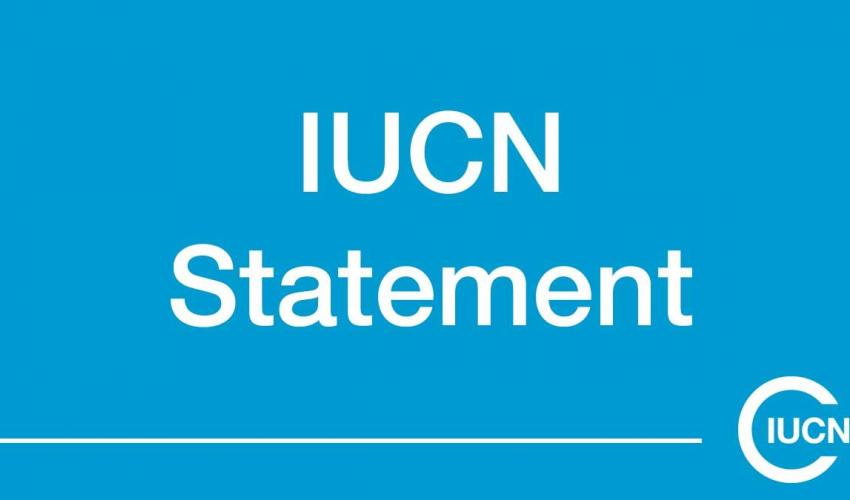Addressing the climate change and poverty nexus
CEESP NEWS: by Anthony Charles, Senior Research Fellow in Environment and Sustainability (among other positions, please see below)
A new report was released at the COP25 climate meeting in Madrid, “Addressing the climate change and poverty nexus: A coordinated approach in the context of the 2030 Agenda and the Paris Agreement”. The report, produced by the Food and Agriculture Organization of the United Nations (FAO), shows how the effectiveness of climate mitigation and adaptation can be improved when tied together with poverty reduction and food security (and vice versa).

Split image of staghorn coral, Acropora sp., and uninhabited island, Ailuk atoll, Marshall Islands, Pacific
Photo: Marine Photobank; CI.
Drawing on insights from coastal areas, coastal communities, and Small Island Developing States, the report presents an integrated Climate-Poverty Approach that gives nations, international organizations and local communities a variety of ways to simultaneously improve climate responses and reduce poverty.
Closely linked with the Sustainable Development Goals (SDGs), the report aims to help improve linkages of climate mitigation and adaptation initiatives with poverty reduction and food security initiatives.
As FAO notes, it “includes indigenous, gender, food security, disaster response, resilience, Small Island Developing States and coastal community perspectives, among others.”
 Addressing the climate change and poverty nexus
Photo: Tony Charles
Addressing the climate change and poverty nexus
Photo: Tony Charles
Read the full report by A. Charles, D. Kalikoski, and A. Macnaughton here.
View the FAO webpage for the report here.
Anthony Charles is Senior Research Fellow in Environment and Sustainability; Professor, School of the Environment & School of Business; and Director, Community Conservation Research Network.
Saint Mary's University, Halifax, Nova Scotia B3H3C3 Canada



